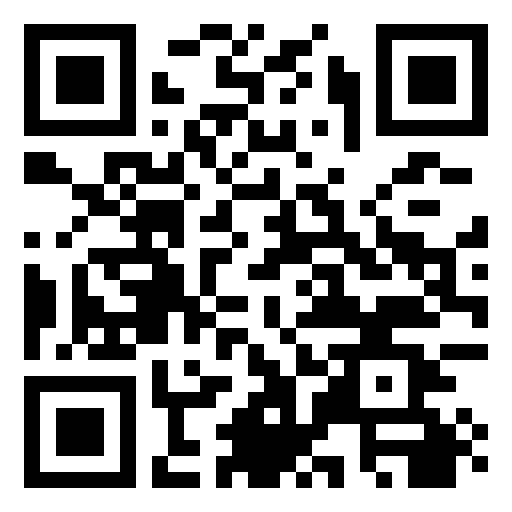Critical thinking is an essential skill that is necessary for identifying client issues and combining strategies to promote successful treatment outcomes. Traditional teaching methods mostly promote memorization, nursing students think critically don`t required assistant, and resolve difficulties in the classroom or clinical situation. The purpose of this study was to evaluate the impact of the mind mapping technique on sensitive critical nursing students' talents. In this study, a quasi-experimental (pre/posttest) design was used to achieve the purpose of the present study. This study was performed on a convenient sample of 100 undergraduate nursing students (females and males) who registered in the second term of Medical-Surgical Nursing in the 2017/2018 academic year at a baccalaureate nursing program at the Faculty of Nursing, Menoufia University. The research tools included three structured interview questionnaire, Yoon's Critical Thinking Disposition Inventory (YCTD), and Nurses' perception Assessment questionnaire toward mind mapping. The results of the present study showed a highly significant variation among pre and post-test regarding student knowledge and critical thinking skills. Also, about half of the students perceived the concept of mapping positively. In conclusion, the nursing students who taught by mind mapping showed better critical thinking skills than the pre-intervention level. Also, students’ knowledge improvement and positive attitude toward mind-mapping became apparent. Therefore, this study suggests program managers, deans, and nursing faculties evaluate their prospectuses to integrate conception map teaching strategies into courses to progress and improve students' critical thinking skills.
